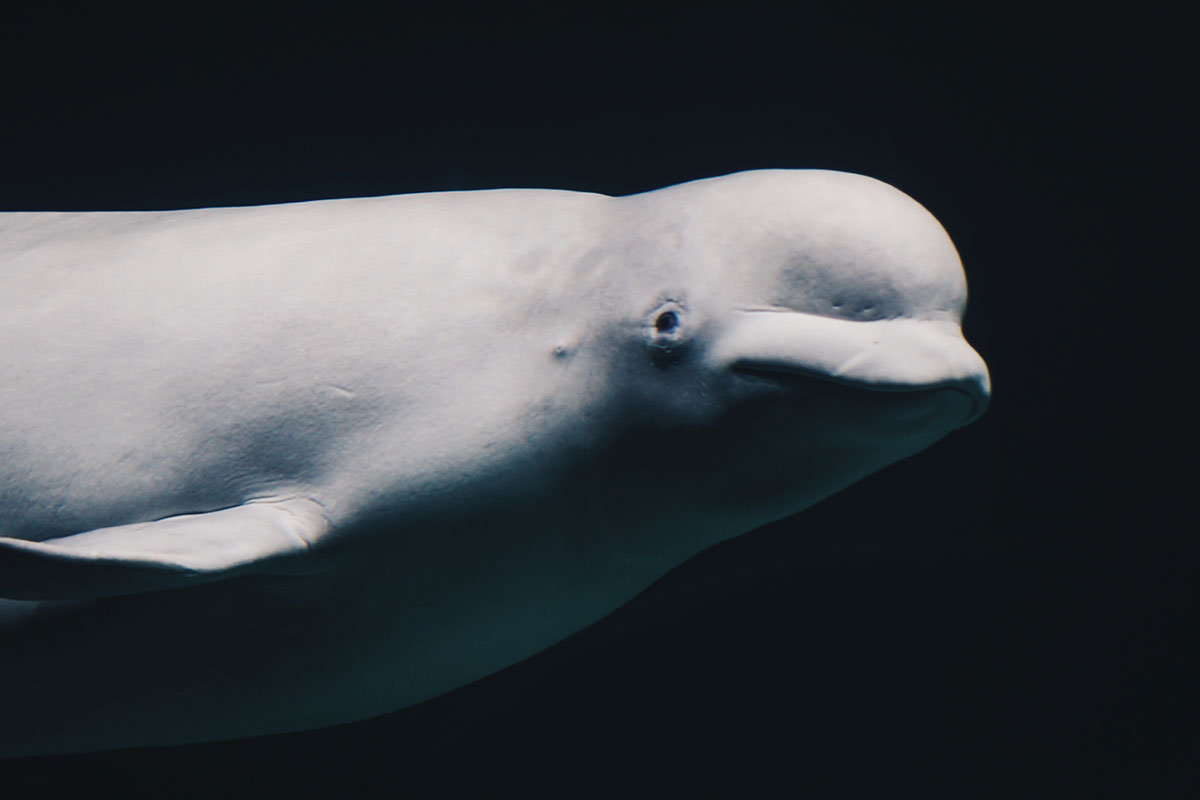
University of Waterloo: Can AI help save beluga whales?
Beluga whale populations in the Arctic are under threat due to increased on- and off-shore activities such as oil and gas development and climate change.
Aerial surveys capture images over breeding and feeding regions and this is the most popular non-invasive approach for monitoring the populations of beluga whales and ensuring their distribution and health status. Visual analysis of the thousands of large-scale and highly detailed images performed by the human eye is labour-intensive, time-consuming and prone to error because the whales are quite small, extending only a few pixels, and often obscured by imaging artefacts.
Dr. Marianne Marcoux, research scientist at Fisheries and Oceans Canada and adjunct professor at the University of Manitoba, has been monitoring beluga whales with her team and needed a more efficient solution for tracking them.
“The problems with finding and counting beluga whales are numerous,” Marcoux says. “We only have the summer months to track them, can only track them when they aren’t deep diving, and the whales tend to swim together which makes counting by the human eye even more difficult. Everybody kept telling me there must be a better way.”
To read the entire story about beluga whales, please visit UWaterloo.






